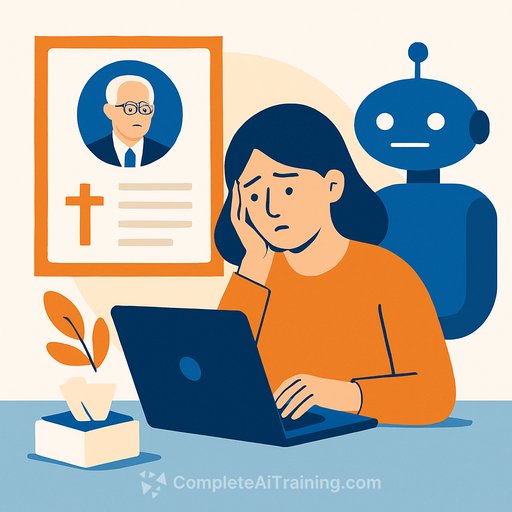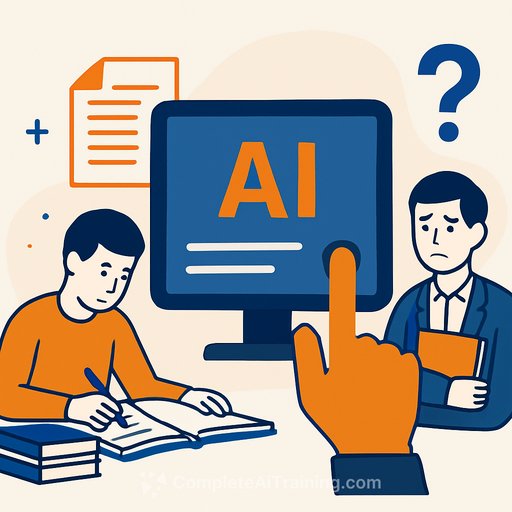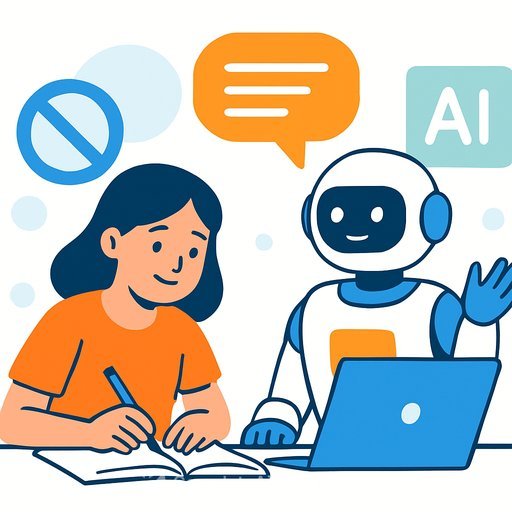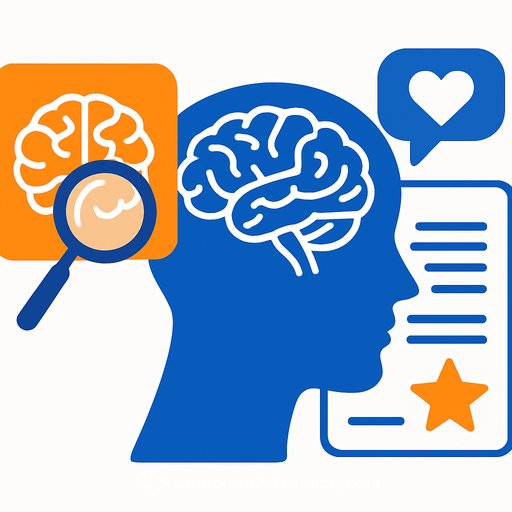The Rise of AI in Crafting Obituaries
In the death care industry, where tradition meets technology, funeral homes are increasingly using artificial intelligence to handle one of the most delicate tasks: writing obituaries. Tools like ChatGPT generate these memorials quickly, addressing staffing shortages and rising demands. But this shift raises questions about authenticity and emotional depth, as AI takes on roles once reserved for human empathy.
Funeral directors say AI can produce obituaries in minutes, using inputs like life events, family details, and personal anecdotes. This automation helps with time constraints faced by busy staff. According to a report in The Washington Post, families and professionals are embracing AI-generated obituaries to memorialize loved ones faster, especially following the pandemic’s surge in deaths.
The Efficiency Edge in a Strained Sector
The main appeal of AI is speed, but it comes with risks. Critics say AI-generated obituaries can feel generic or “lazy,” missing the nuanced storytelling that honors a unique life. Mistakes like incorrect dates, fabricated details, or inappropriate tone have appeared, causing some to doubt these digital tributes. An industry insider spoke about ChatGPT’s rise at last year’s National Funeral Directors Association conference, as reported by Yahoo News. Labor shortages push funeral homes to adopt AI for efficiency without losing output volume.
Ethical Quandaries and Human Oversight
Beyond efficiency, ethical concerns arise. Data privacy is crucial—how secure is the sensitive information shared with AI systems? Consent is another issue: should families be told when an obituary is AI-assisted? Transparency might affect how the service is valued. Articles from various sources stress that AI should be paired with human review to maintain compassion. Some funeral homes use hybrid models where AI drafts are refined by staff to add genuine emotion.
Personal Stories and Broader Implications
Personal experiences highlight both advantages and drawbacks. A Nevada resident praised ChatGPT for producing a polished obituary for their mother, as shared in Digital Trends, and considered expanding AI’s role in memorials. On the other hand, a writer in The Atlantic felt AI reduced a loved one’s legacy to data points, reflecting concerns that heavy reliance on AI tools could commodify grief.
Guides and Best Practices for Adoption
Funeral homes looking to use AI have resources available. Parting Pro offers guides on ethical AI use, including tips for prompting ChatGPT to create meaningful narratives while avoiding common pitfalls. Podcasts and blogs featuring experts like Will Chang cover practical applications, from marketing to customer care. The focus is on training staff to use AI as a tool—not a replacement—so the human touch stays central.
Looking Ahead: Innovation Meets Tradition
Some companies are pushing AI integration further. Keeper Memorials introduced AI-powered obituary assistants aiming to capture a life’s essence through personalized prompts, as discussed in TalkDeath. The use of ChatGPT signals a key change, blending technology with the need for empathy. Funeral professionals must balance AI’s advantages with risks, fostering a future where innovation supports, rather than replaces, the art of remembrance.
Your membership also unlocks:





